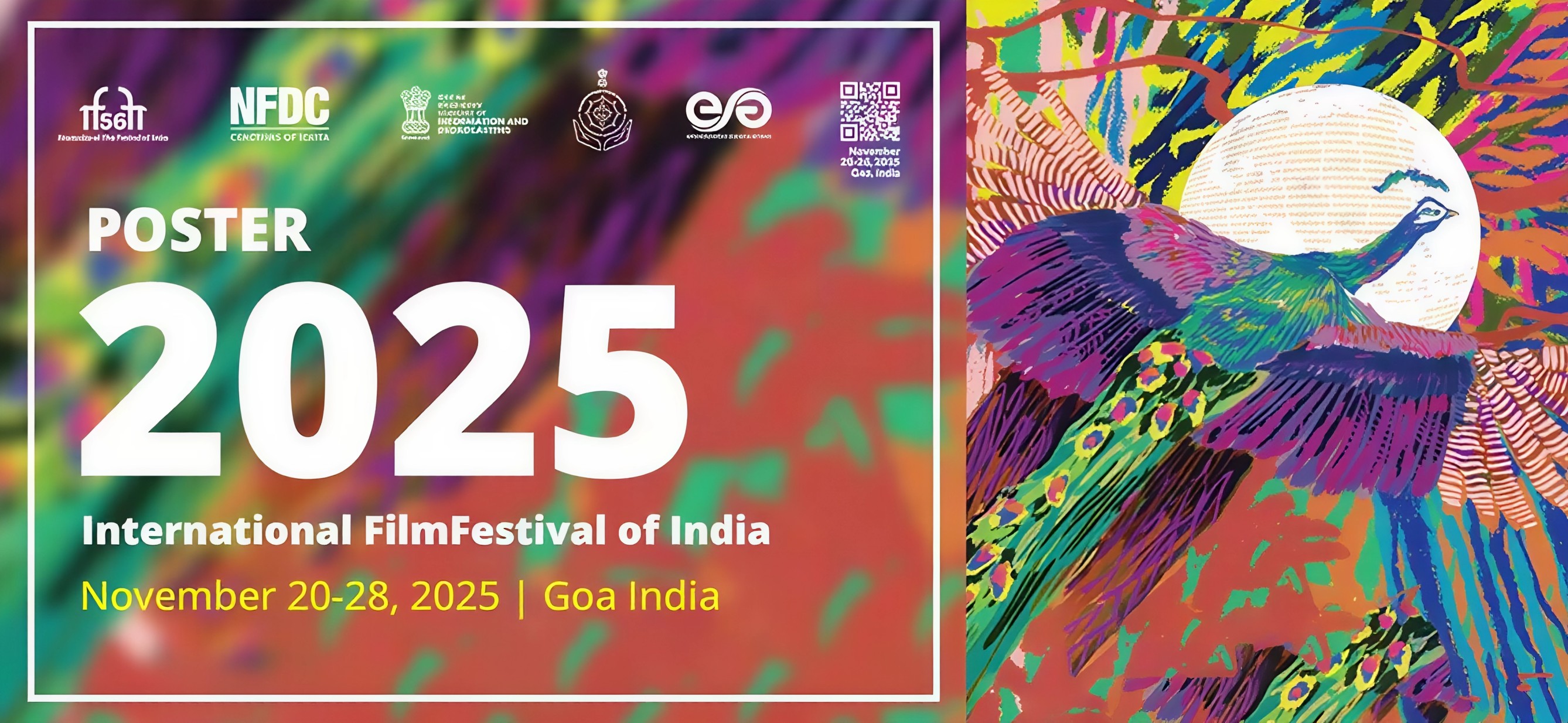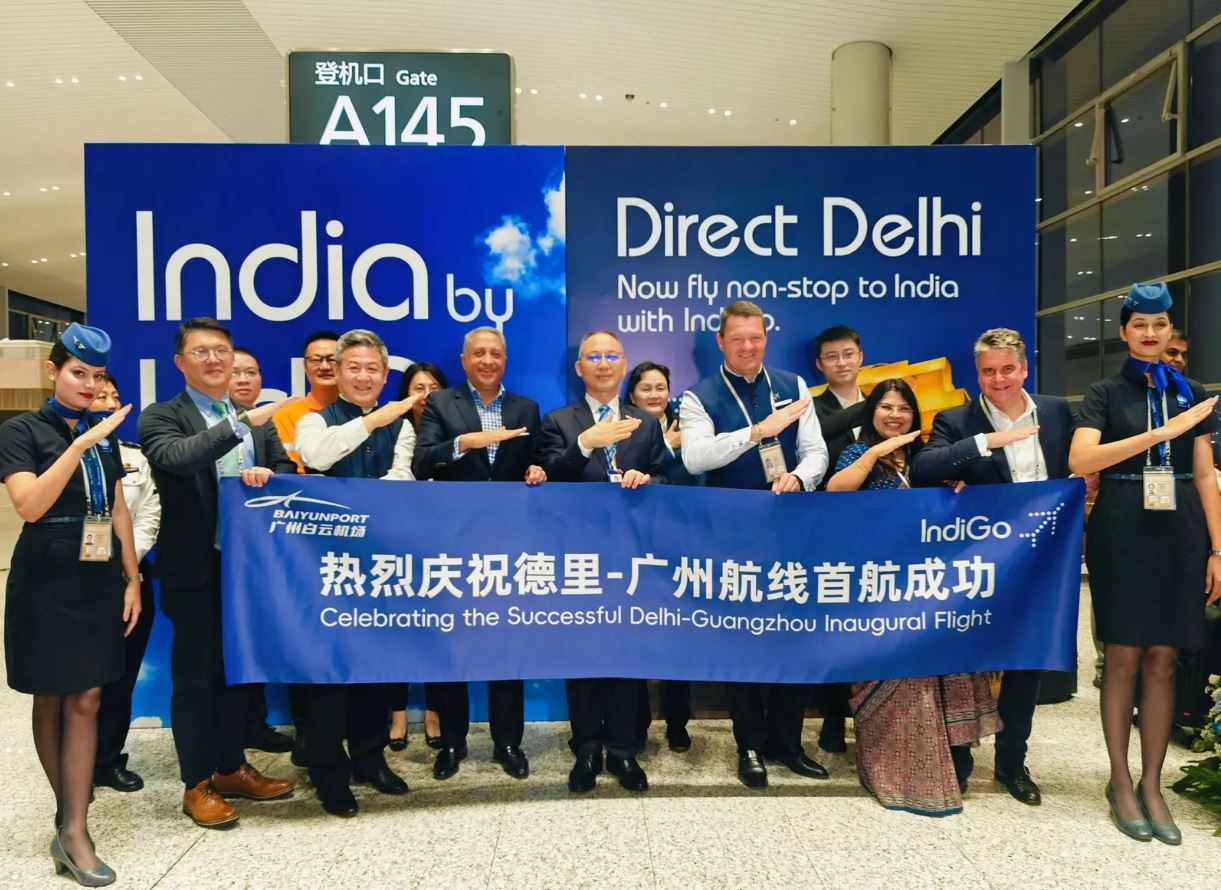1. The illusion of cheap hotel prices
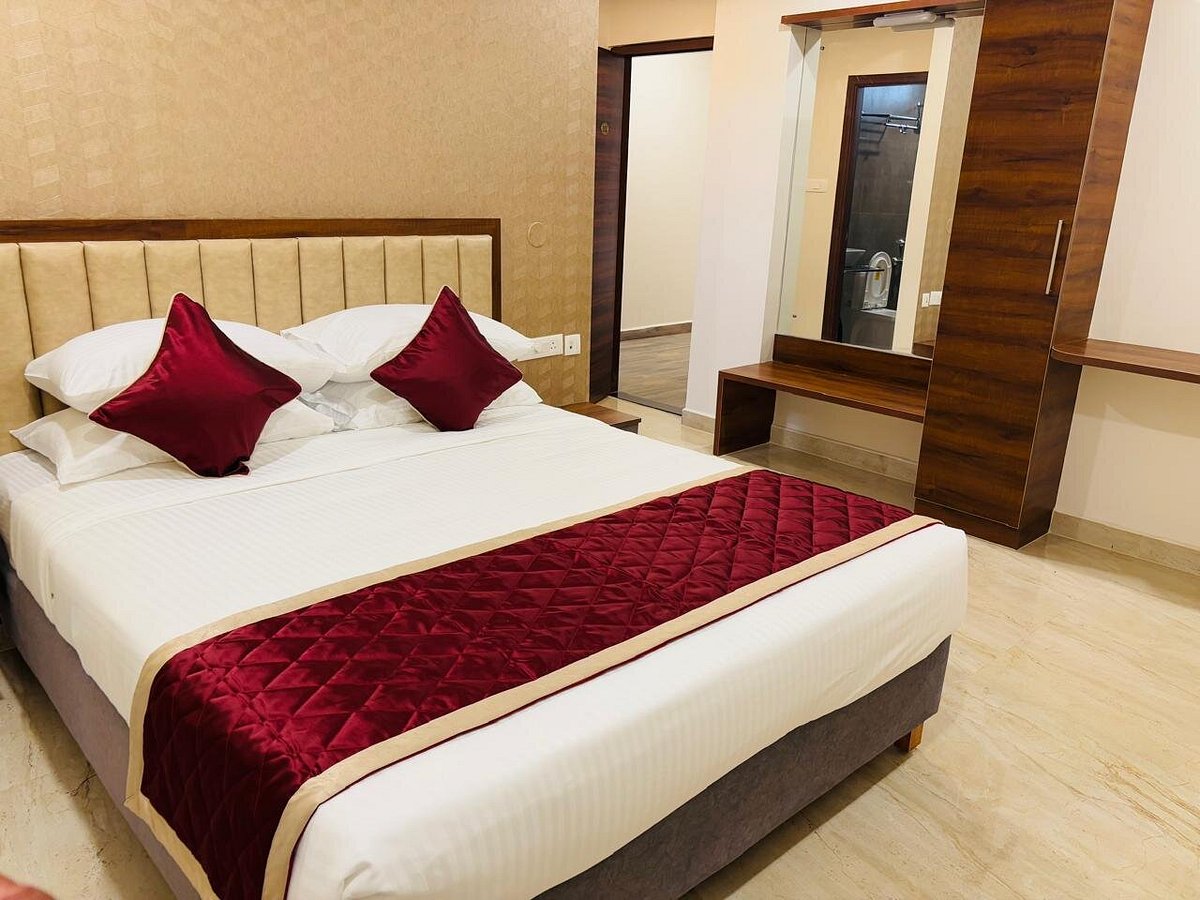
Hotel listings often highlight the base price but leave out taxes, service charges, and surcharges that appear only at checkout. To avoid shock at the counter, always check the final amount before booking and look for platforms that clearly show “all-inclusive” rates.
2. Laundry bills

Hotel laundry can feel expensive enough to make you want to wear the same outfit twice. Instead, pack versatile clothes and carry detergent strips for quick washes. For longer stays, explore nearby laundromats that charge far less.
3. The real price of getting around
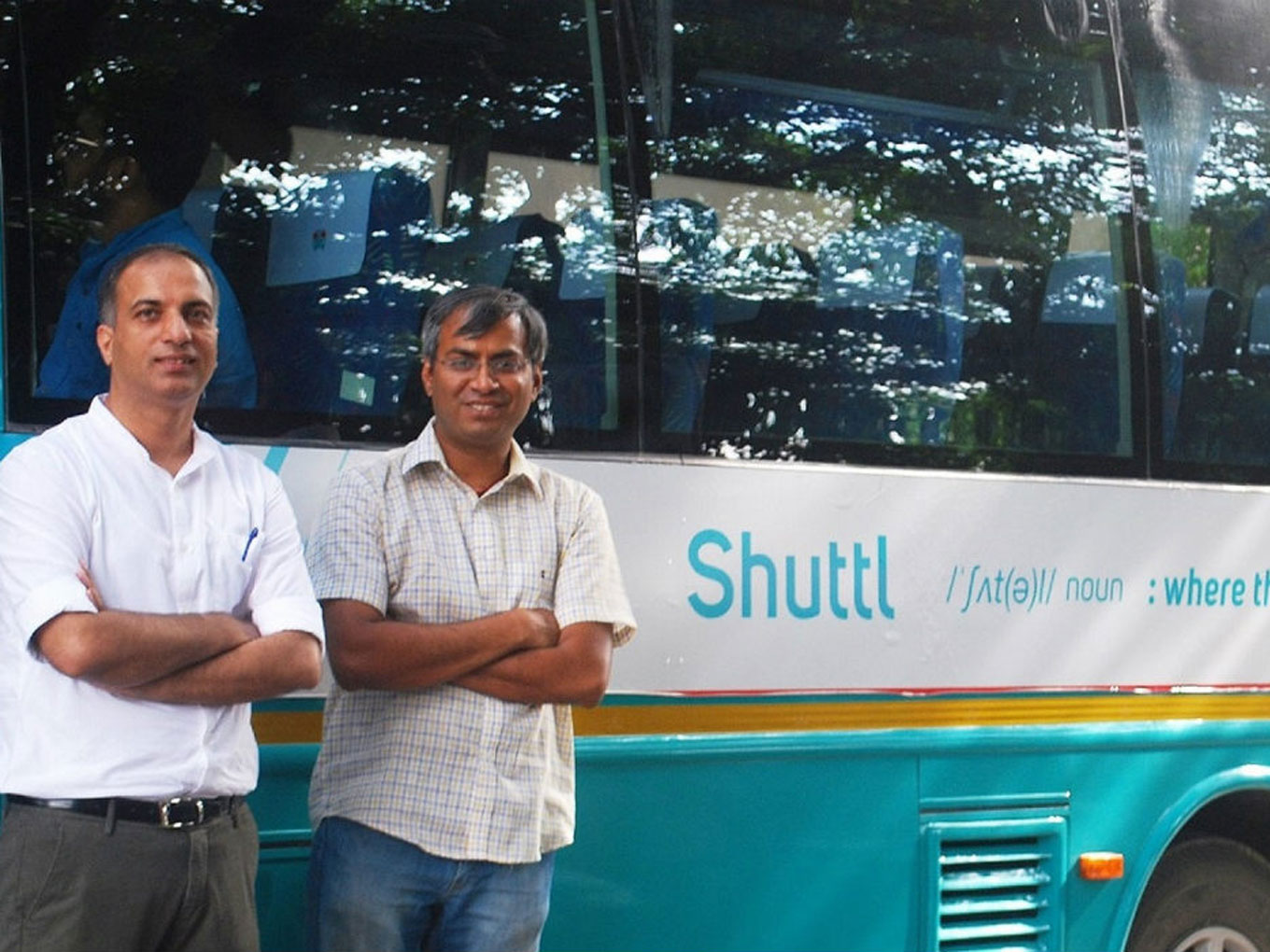
Cabs, parking, and tolls add up quickly. Opt for public transport, rent a two-wheeler for short trips, or buy day passes for buses and metros to cut these costs.
4. Convenience spending

Airport snacks, water bottles outside monuments, and meals at tourist hubs cost a fortune. Carry a refillable bottle, pack light snacks, and eat at local cafés before reaching transit hubs.
5. Camera and entry charges
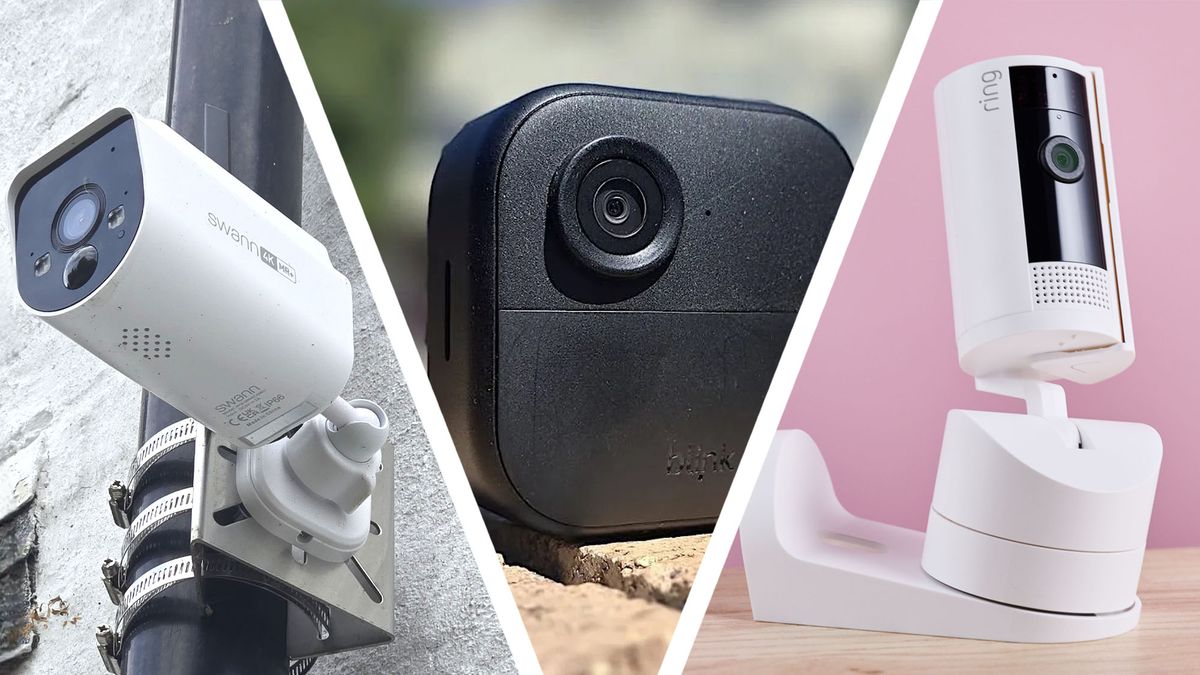
Many attractions charge extra for DSLRs, tripods, or video equipment. Check entry rules in advance and consider city passes that combine multiple attractions while covering these hidden fees.
6. Tourist pricing traps

Overcharging taxis or auto rickshaws is a common issue in tourist-heavy spots. Use ride-hailing apps, prepaid counters, or simply ask locals what a fair fare is. Renting a bike is often cheaper and gives you more freedom.
7. Booking platform fees
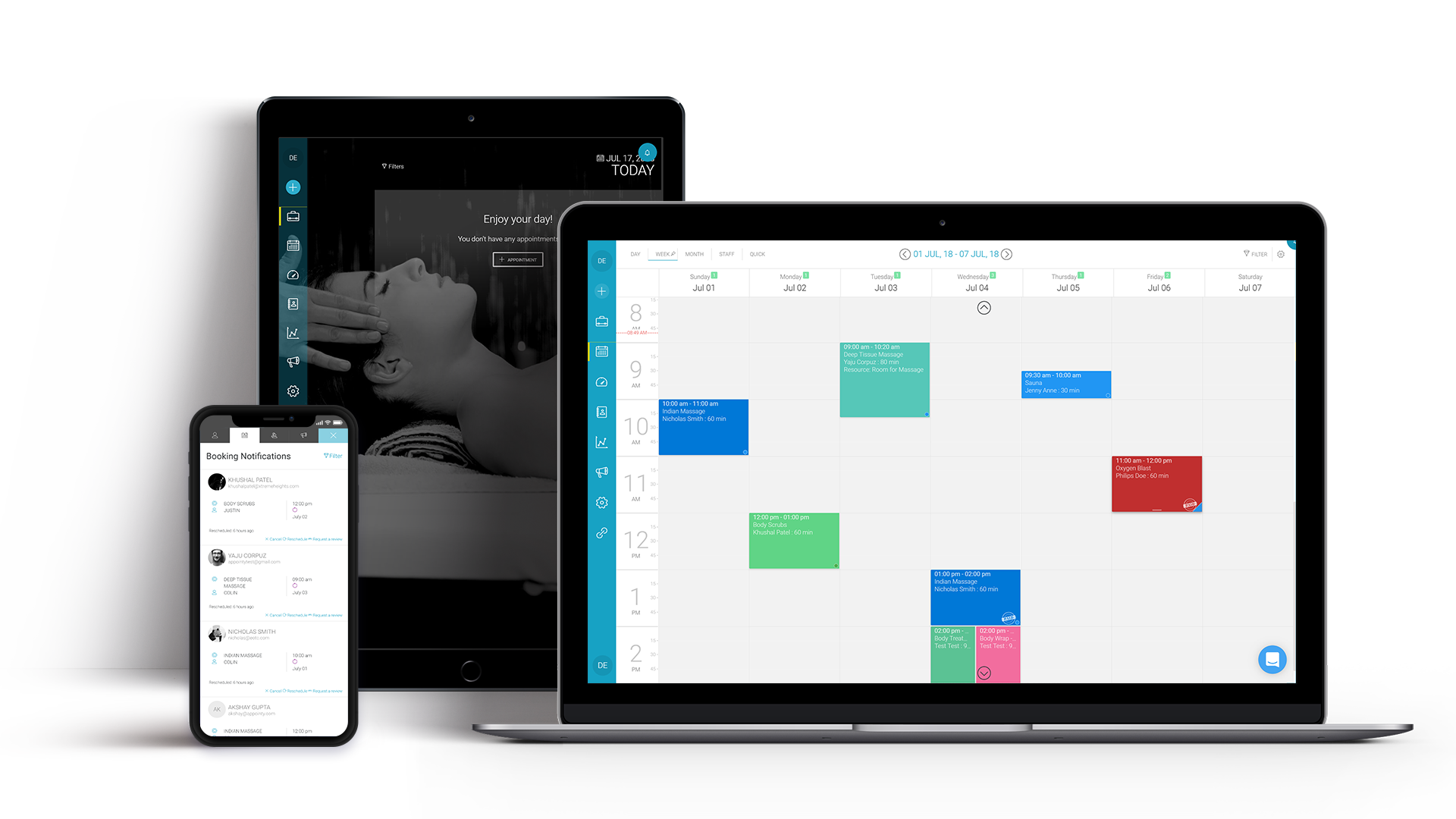
Experiences like treks and cooking classes often cost more when booked through apps. If you are already at your destination, book directly with locals or through your hostel for better rates and authentic connections.
8. Souvenirs and meals near attractions

Shops and restaurants closest to major sights usually inflate prices. Just walking a few streets away can give you authentic options at half the cost. Following locals to their favourite places rarely disappoints.
9. Currency conversion and ATM charges
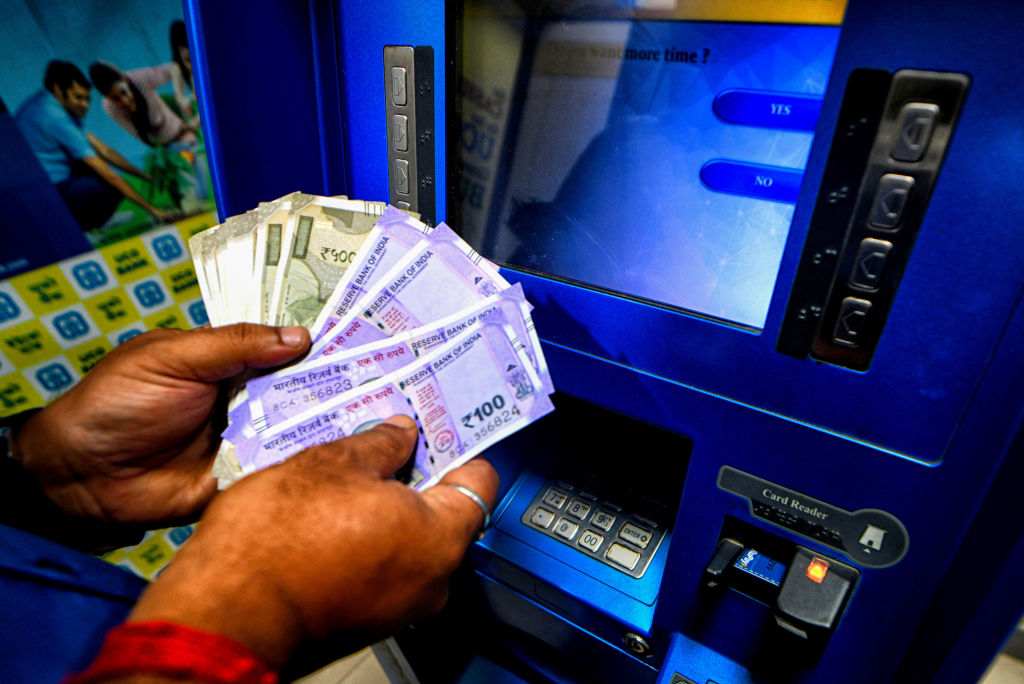
Frequent ATM withdrawals and poor exchange rates can burn through your budget. Use travel-friendly cards, withdraw larger sums at once, and monitor exchange rates to get the most value.
10. Staying connected abroad

International roaming charges are rarely worth paying. Buying a local SIM card or eSIM will give you better value. Pair this with offline maps and translation apps to avoid unnecessary data costs.
11. Extra baggage charges
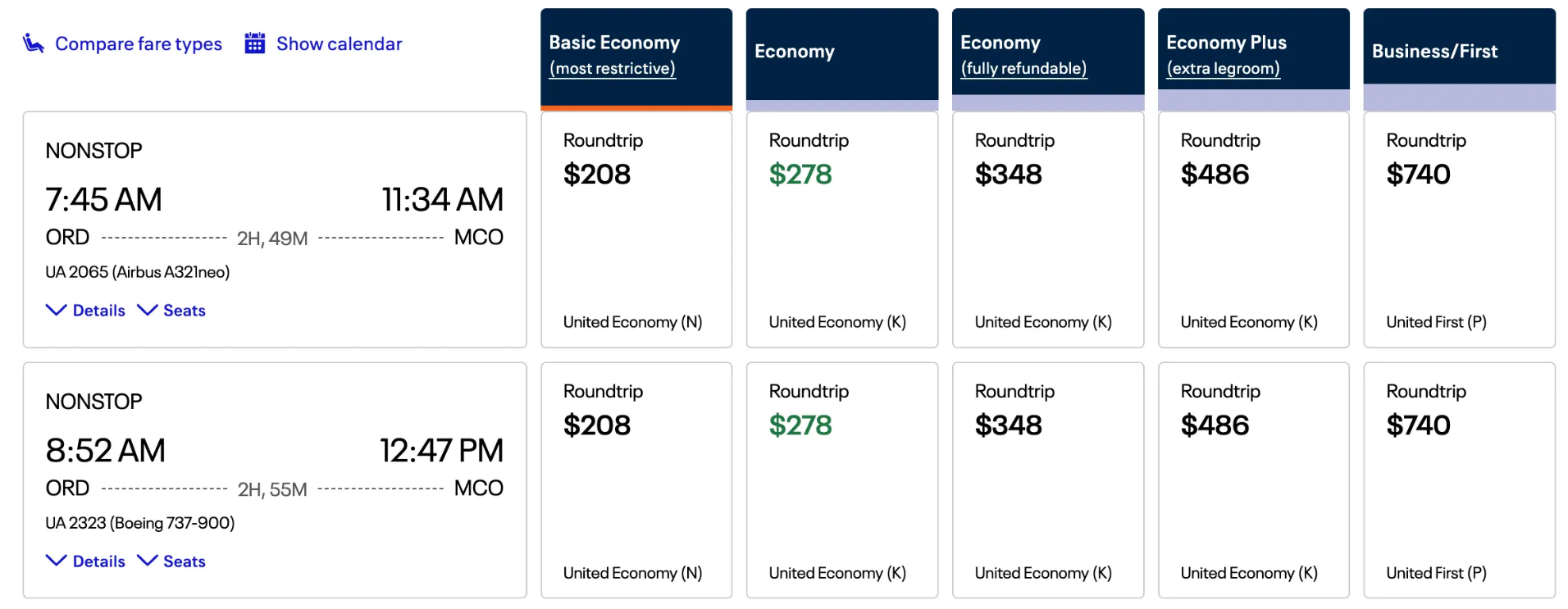
Budget airlines make their money from strict baggage limits. Even a small excess weight can mean a hefty fine. Travel light with a carry-on when possible, and use packing cubes to maximise space.
Smart travelling is not just about where you go, but also how you plan. Being mindful of these hidden costs can make your journey smoother, lighter, and far more affordable.
For more travel tips and guides to smarter journeys, follow Travel Moves on Instagram and Facebook.




